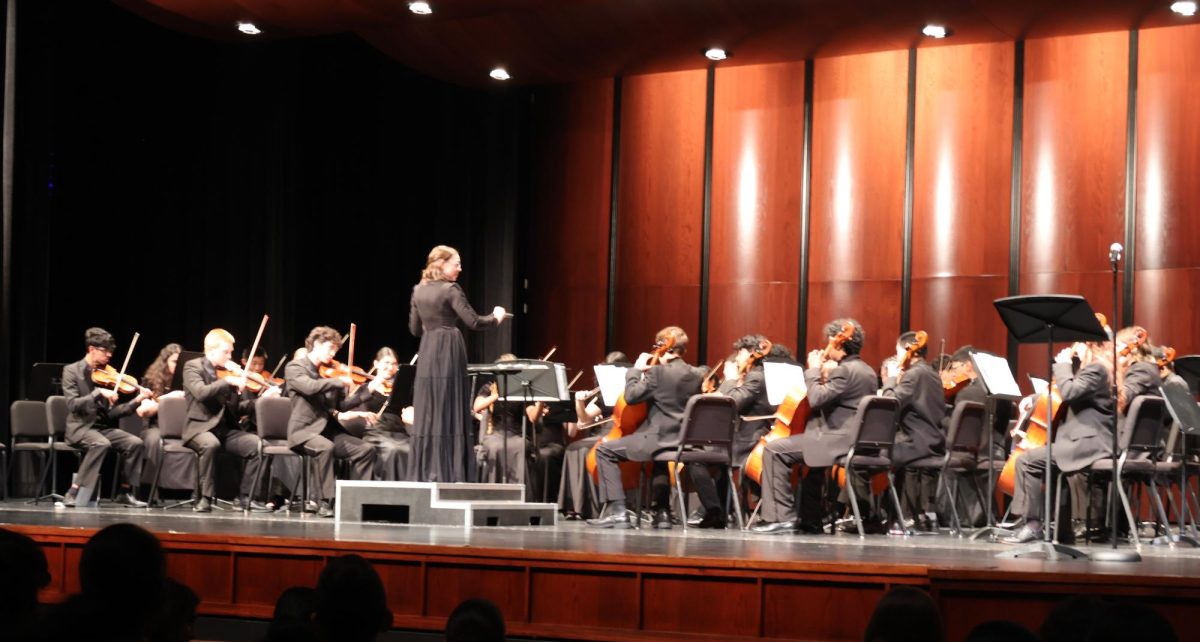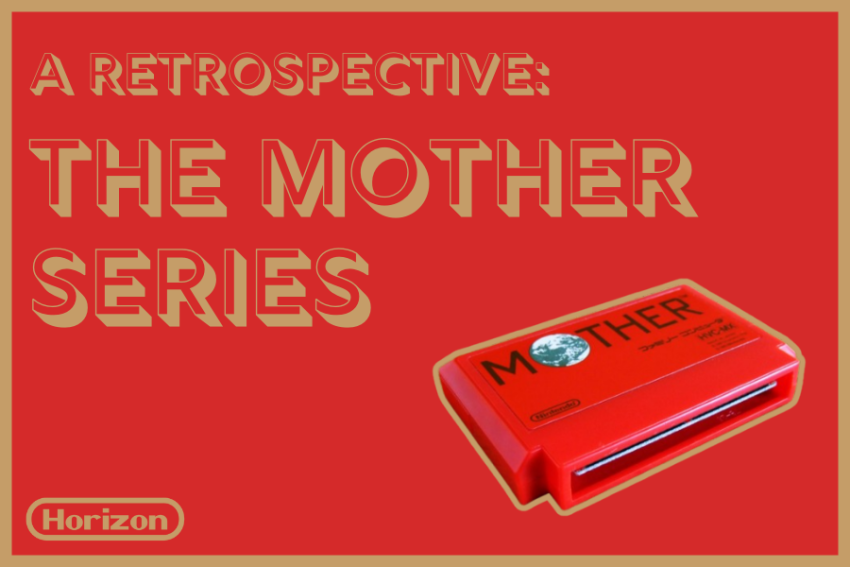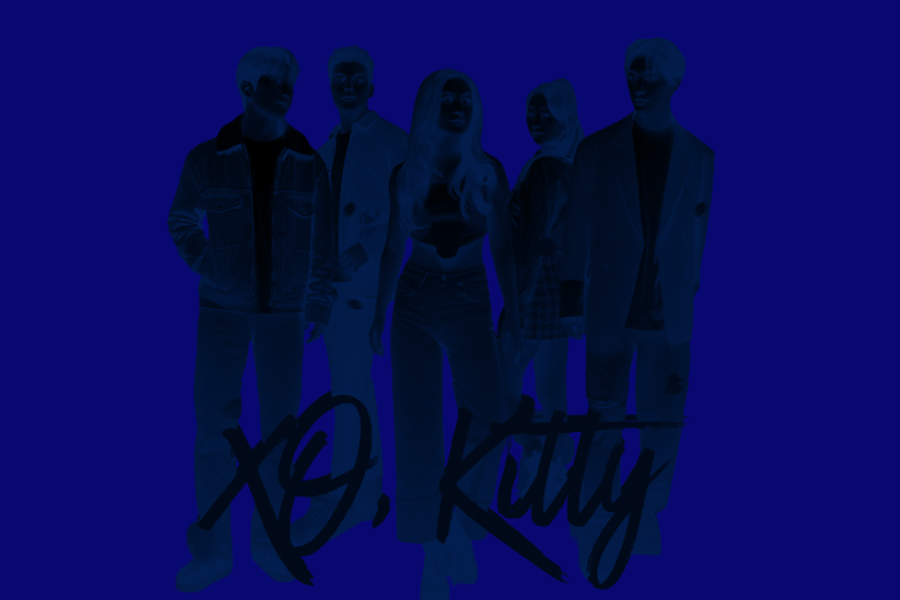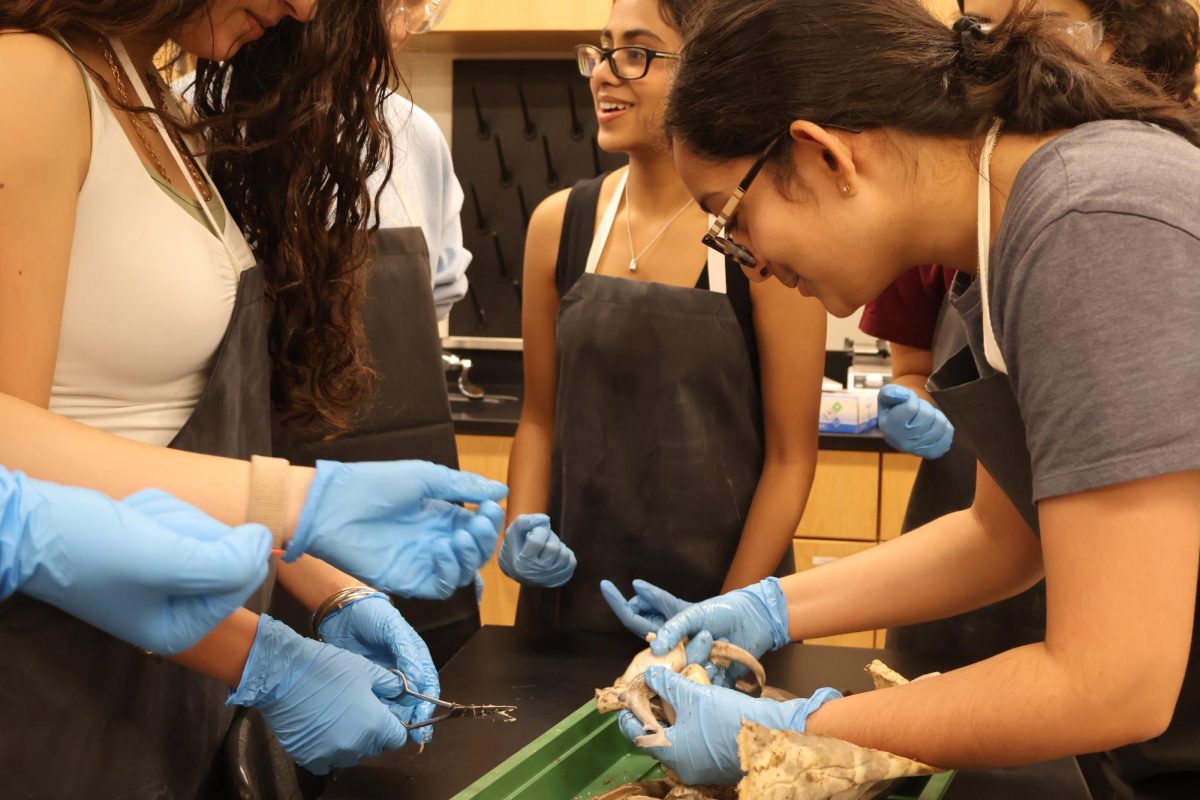In a world full of bigotry, queer representation in the media has proven to be a safe space for teens and adults alike who are figuring out their identities. However, although LGBTQ+ representation has increased in recent years, many pieces of media stick to an established, cookie-cutter definition of queer representation, typically lacking racial or sexual diversity. Asians are often typecast as the stereotypical nerd in shows and movies, and these characters are usually devoid of a specific plotline. Out (stylized as OUT), an Asian American musical created by members of the Harvard College Asian Student Arts Project, breaks boundaries as a musical featuring both queer Asian American representation and what it means to be Asian in today’s world. Through three well-developed, complex characters, the musical is a wonderfully crafted portrait of the vibrant queer Asian community and the effects of intergenerational trauma.
OUT is a coming-of-age dramedy musical that follows the story of three queer Asian kids as they grow up in their mid-20s. The main character, Oliver, lies about the fact that he has a girlfriend to his mother to conceal his identity, and his best friend, Kasey, suggests using an app called “+1” to hire a fake girlfriend. Oliver’s plan inevitably fails, but in the process, he learns valuable lessons and strengthens relationships with his friends. Although the plotline had a few holes, it was simple and easy to digest, serving as a good medium to convey the real messages of the musical.
Current queer media is saturated with a massive lack of representation, from cookie-cutter white queer characters to the trope of the gay black best friend that serves as pure comedic relief for the white main character. OUT is ahead of its time, portraying how queer Asians live their life in the 20th century through a variety of lenses.
Oliver has to hide his identity as a gay Asian man in his family, feeling pressured to bottle up his emotions and take on all the burdens. At the beginning of the play, his father’s cancer diagnosis is introduced, placing a lot of pressure on Oliver’s mom. Oliver’s concealment of his own identity to avoid placing even more pressure on his mom depicts how Asian culture places a lot of emphasis on children serving and taking care of their parents. The 16th track Just Breathe, sung by Oliver’s sister Sophie, does a deep dive into Oliver’s need to take on everyone’s problems and try to help them, while having to bottle up his emotions. Just Breathe does a perfect job of showing how Asian men are forced to suppress their emotions and hold their family together alone while uniquely illustrating the effect of this on his sister Sophie.
Comparison is the thief of joy, and Sophie addresses this in her performance. Oliver is Sophie’s older brother, which results in Sophie looking up to him. When Oliver can shoulder the family’s problems alone, she sadly wonders why she can’t handle it the way he can. She also feels isolated from her brother, who, while trying to fix everyone’s problems, shuts everyone out. Just Breathe is an exquisitely written track that gives the audience a closer look into Oliver’s sister, who had previously been a minor character in the musical.
Kasey’s story throughout the musical is possibly one of the most accurate portrayals of Asian culture in modern media. As a child, Kasey came out as a transgender man to his parents and was, fortunately, met with support. However, in OUT’s third track Stick It Out!, Kasey performs about how he feels like has to compensate for being trans in his career and academics to prove that no matter his gender identity, he can integrate into society and be successful. He sings about the pressure to have perfect SAT scores, score 5s on AP exams, graduate college early, and hold a high position in a well-respected company to make his parents proud so they will accept his identity.
The feeling of having to compensate for being queer, as if it’s a problem, is a notion that many queer Asian Americans can sympathize with. Outside of the queer aspect of Kasey’s story, Stick It Out!‘s focus on the extreme academic pressure that Asian Americans experience, however short its duration in the actual track, offers a glimpse into the prevalence of the culture of academia in Asian Americans’ lives. Having immigrant parents places a crushing pressure on the backs of Asian American youth, knowing that if they make one mistake, their parents don’t have the connections to fix whatever happened like white people typically do. Kasey’s performance about the toxic mindset around academia and perfection paints a picture of how the mindset exists to avoid mistakes that may lead to erasing all the hard work that immigrant Asian parents went through and upholding the family’s legacy.
OUT also showed how not all queer stories have happy endings. May, Oliver’s fake girlfriend, was kicked out of her house when she came out as bisexual. After May was kicked out, she was cut off from all support systems and was forced to completely support herself at 18 years old. She wasn’t able to go to college and she continually struggles to pay rent, all because her parents abandoned her when she came out to them.
In addition, OUT portrays the focus on family in Asian culture through Kasey and May’s story. After Kasey got fired from his company and felt his perfectly curated life falling apart, he called his parents. On the other hand, May’s parents attempted to contact her after ignoring her for three years.
Through the 12th track Call Home, OUT creates an uplifting environment for Kasey where his parents are supportive and encourage him to keep on trying. They also tell Kasey that he never had to compensate for his identity, unraveling the burden Kasey had felt throughout the entire musical. Kasey’s parents serve as an example of a happy queer ending in OUT, expressing themselves as the people who will always be there for Kasey no matter what. In a heartfelt scene, Kasey’s mom and dad bring the audience to tears through a raw and authentic performance as they comfort their son.
In contrast, the 17th track Waiting, performed by May, revolves around May contemplating if she should accept her parents’ invitation to meet up. She is stuck in a dilemma, wondering if she should risk being disappointed all over again or take the chance. In a prior scene with Oliver, May breaks down over always feeling alone, being abandoned by her family, and struggling to make ends meet at such a young age. Her first look into independent adult life was devoid of love or support, and she’s scared to relive that again. Waiting beautifully shows the need she feels to reconnect with her family while also describing her fear of being let down – once again – by her parents.
What makes OUT so special is that a huge portion of the cast and staff is queer outside of the musical, including Kalos Chu, the director and writer. For example, the actor of Kasey, Elio Kennedy-Yoon, is a publicly transgender man at Harvard. Media and news outlets often limit queer people to just their sexuality and gender, rarely giving them an opportunity to be a person outside of how they identify. For the audience, seeing queer Asians is so important for newer generations. Youth voices in theater are able to accurately represent the strengths and struggles of younger generations, and OUT is no different.
The recording of OUT’s world premiere is free on YouTube, making it an easily accessible musical. Its availability further serves to spread the messages prevalent in OUT since young queer Asians may not have the resources to watch a musical that accurately represents their experiences.
OUT is a breath of fresh air among countless queer movies, TV shows, and musicals lacking diverse or accurate queer representation. Stories like OUT provide a sense of security and a haven for queer Asians figuring out their identity while they are able to see themselves in common struggles they may face or experiences they are afraid of. OUT is a wholly unique musical experience, combining countless genres of music and dance along with precise storytelling that aims to tell the rich stories of queer youth while being a comforting watch for those who are struggling with their identity.
The recording of OUT: An Asian American Musical can be found here.





















